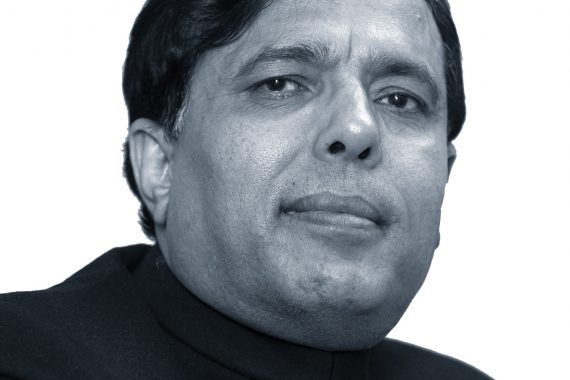Yesterday’s Clean Air Summit, hosted by Sadiq Khan and attended by other mayors of major British cities, such as Manchester’s Andy Burnham and Birmingham’s Andy Street, directed a clear message in the direction of the Government – co-operate with us to develop the largest Clean Air Zone outside London, help small businesses to switch efficiently to more eco-friendly vehicles, and avoid punishing with penalty charges.
This is a great shared focus, and leads me to also congratulate the BMA, who will be proposing an emergency motion to declare ‘a climate emergency’ at the World Medical Association’s General Assembly meeting this week.
It goes as follows:
- Declare a climate emergency and call the international health community to join our mobilisation
- Commit to advocate to protect the health of citizens across the globe in relation to climate change
- Urge national Government to rapidly work to deliver carbon neutrality by 2030, so as to minimise the life-threatening impacts of climate change on health
We know that GPs are struggling to cope with pollution-related diseases. Air pollution has a number of proven negative medical effects, including contributing to at least 40,000 early deaths in the UK from lung and heart disease and being deemed ‘as bad as smoking in increasing the risk of miscarriage’.
New UK research also links toxic air to low birth weight, which can cause lifelong damage to health.
GPs are struggling to cope with pollution-related diseases
Meanwhile, leading climate change experts warn that we’re facing the biggest environmental challenge our species has ever seen, with research commissioned by 20 governments concluding that, without action on climate change, tens of millions of people will die by 2030.
While this is worldwide, it also has a noteworthy link to healthcare in the UK. Here in England, for example, King’s College London announced just this week that 36,000 deaths each year are caused in part by air pollution.
With this in mind, the medical profession plays an important role in advocating to protect the health of citizens around the world, and therefore a responsibility to demand greater action on climate change.
As the environmental challenge of this generation, it’s imperative that we act before it’s too late.
Dr Kailash Chand OBE is a retired GP in Tameside

















